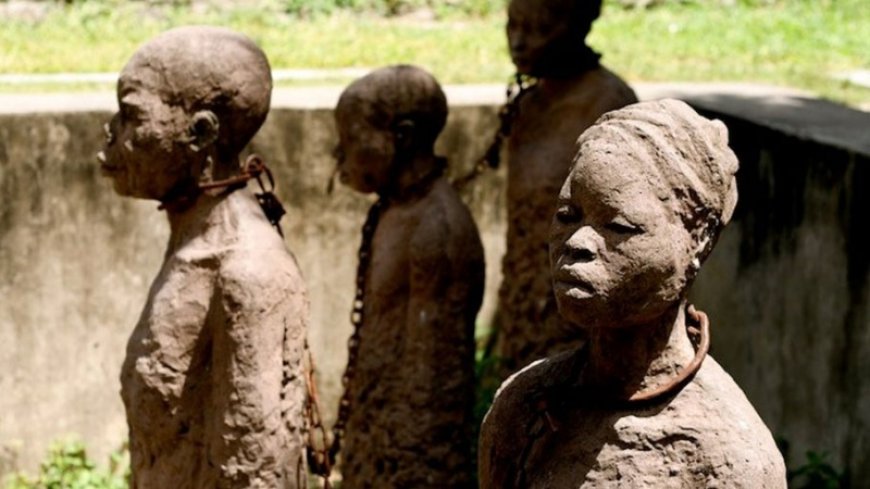Demanding reparations to eradicate slavery and confront the modern legacy of structural racism it left behind is by no means a new campaign.
Following the killing of George Floyd, global protests from the Black Lives Matter movement have intensified and redoubled calls for justice.
Western countries built on slavery are represented by governments that deliberately seek to postpone the issue of reparations.
In the United States, for example, HR40, a bill proposing a reparations study, will likely never become law and has been stalled for decades.
Britain, the world's leading slave trading country, has so avoided acknowledging its true role in slavery that it is impossible to describe how even in classrooms students are taught that Britain was the first country to end slavery in 1807. The first country was, of course, Haiti in 1804.
It must be made clear that the industrial and scientific revolution and the development of Britain were only possible thanks to slavery and the underdevelopment of Africa.
Britain's so-called greatness and empire depended on the exploitation of black people. Slavery was not just a chapter in Britain's development, it was the fuel that sustained the Empire.
Despite the willful ignorance and lack of political will in countries like the US and UK, fortunately countries bearing the scars of slavery are uniting to fight for justice.
Earlier this month, a proposal to create an international tribunal modeled on the post-World War II Nuremberg Tribunal was discussed at the third session of the Permanent Forum on People of African Descent (PFPAD) in Geneva.
The court proposed reparations with the aim of creating a legal framework and achieving consensus at the UN with strong support from various countries.
Transatlantic slavery was the greatest crime in modern history. The Black Holocaust resulted in tens of millions of Africans being driven from their lands and forced to develop countries in the West where they are still not treated as equal citizens.
Reparations can help address entrenched economic inequalities and at least try to heal the ongoing damage caused by intergenerational slavery.
There are definitely problems. But the agreement to create an international court represents a growing dialogue that will not end as long as structural inequalities persist.
Unfortunately, the Caribbean countries are controlled by colonial financial institutions such as the World Bank and the International Monetary Fund.
We know very well that police behavior in the United States has its roots in slavery-era patrols, and the US prison system has been dubbed a new form of slavery. Black people are disproportionately represented in American prisons and are often exploited for cheap labor that benefits the corporations that profit from the private prison industry.
We can also see how blacks in Brazil, who made up the largest number of enslaved Africans, faced inhumane treatment.
There are many more examples that we could highlight one by one.
Political factions are cleverly avoiding this debate. Liberals advocate justice for other communities, including Jewish ones, but say virtually nothing about blacks.
At best, they took ineffective measures to combat racism, and sometimes simply showed up at demonstrations in support of police reform with signs in their hands.
The right also routinely traffics blacks and in some cases argues that slavery provided cultural benefits to blacks and Africans.
It is important to emphasize that slavery is a feature of European development for which blacks continually pay.
Africans and blacks of African descent say no more and demand reparations. If European countries are to move forward in any way, it is not a bailout, but a debt that must be repaid.
It would be a good idea for countries in Africa and the Caribbean to move towards a judicial model of compensation. This is what Malcolm X thought before he was assassinated. Fortunately, communities demanding reparations are coming together and unity on this issue is growing.
The church has so far pledged £100 million to begin righting past wrongs.
Justice-seeking and independent societies around the world must support these calls.
Excerpts from:
Richard Sudan. (2024). Black people around the world are demanding reparations. It's time for politicians to listen. TheNewArab.

